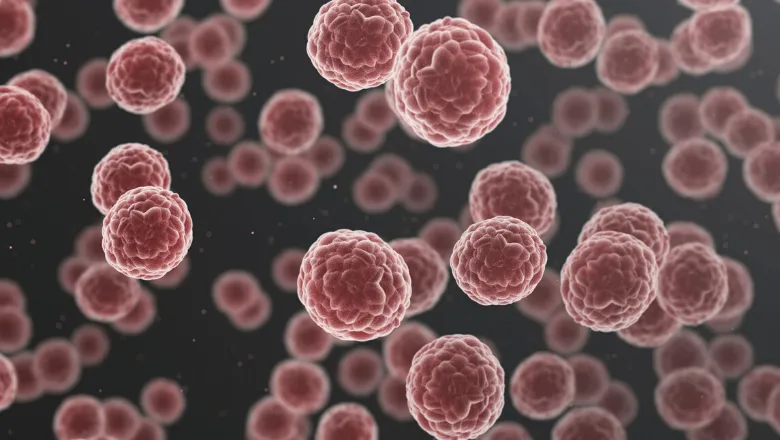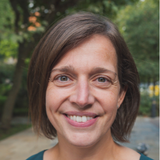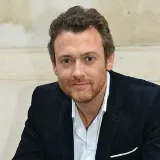Although each country has it's unique patterns and issues it is clear that mitigating the current pandemic's impact and future-proofing cancer care systems is a universal need.
Professor Richard Sullivan, Director of the Institute of Cancer Policy, Co-Director of Conflict & Health Research Group
02 July 2020
Researchers from the Faculty of Life Sciences & Medicine co-create a global Cancer and COVID-19 taskforce
A global Cancer and COVID-19 taskforce has been created by researchers from the School of Cancer & Pharmaceutical Sciences.

A global COVID-19 and cancer taskforce was co-developed three months ago using the Research for Health in Conflict partnership by Dr Mieke Van Hemelrijck, Dr Ajay Aggarwal and Professor Richard Sullivan, all from the School of Cancer & Pharmaceutical Sciences. The researchers from the School of Cancer & Pharmaceutical Sciences and the Institute of Cancer Policy approached colleagues and professionals around the world to understand if there was an appetite for such a group. Once it became apparent that there was, they were able to secure funding from the Global Challenge Research Fund.
The taskforce now comprises a globally representative group of cancer leaders spanning the various disciplines of cancer across the care continuum from prevention, early detection, treatment and palliative, to representatives of cancer centre networks and advocacy groups.
The main question this taskforce aims to ask is: what does COVID-19 mean for our cancer patients? What will the consequences be for cancer mortality? Using global expertise and working together as a group this is going to be thoroughly investigated.
The taskforce meets regularly through virtual conferences every 2 weeks to share findings, knowledge, and update on working groups. The five key areas of research are:
- Risk of COVID-19 to cancer patients – mitigation and recovery, including the indirect impact of locking down health systems
- Silver lining – the best practices around the world in response to COVID-19
- Economics – looking at economic impact on cancer care and the costs to patients and their families
- Healthcare worker surveys - used to examine psychological impact
- Long term impact on global cancer research
One of the key insights from the taskforce to date is that both the fear of COVID-19 and the indirect impact of lockdown measures have had massive, and probably long-lasting impacts on affordable and equitable cancer control.
Professor Richard Sullivan, Director of the Institute of Cancer Policy, Co-Director of Conflict & Health Research Group
Currently the E Cancer website is used as an intelligence hub to share and store information. The WHO are involved, and patient groups are being utilised to provide qualitative data. Evidence will be linked to policy makers to help inform future decisions.


